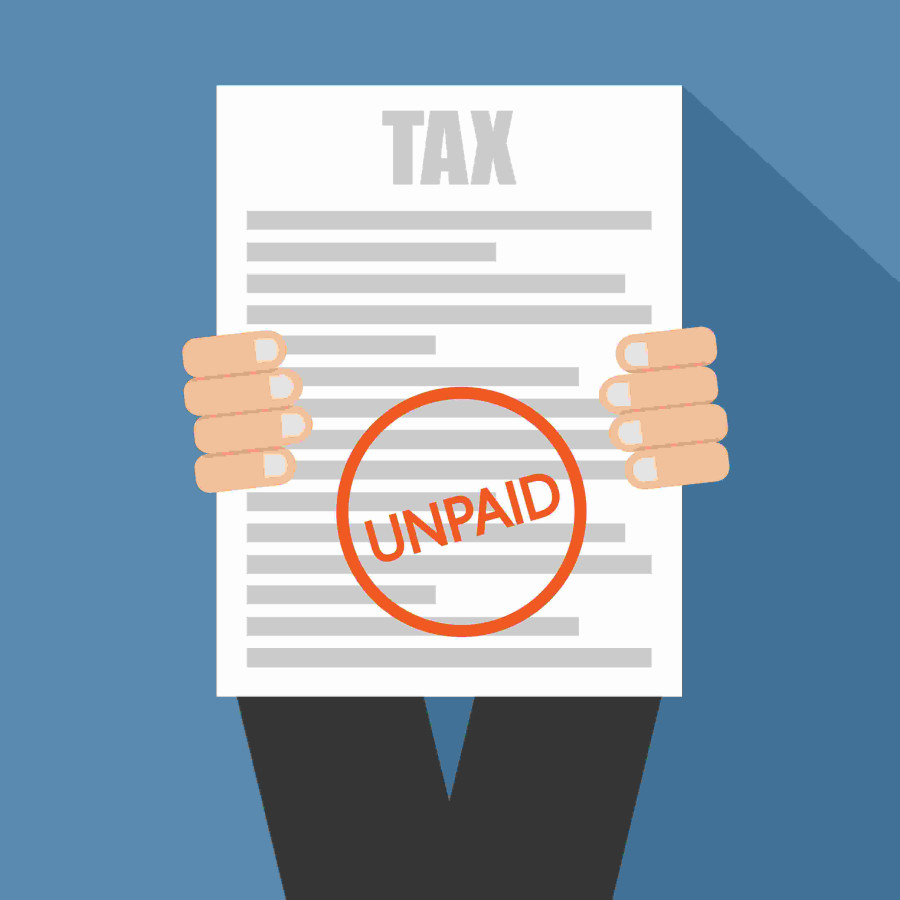Money
Scheme to motivate tax arrears payment sees poor response
Just over 8,000 people have taken advantage of the scheme so far against the targeted participation of more than 40,000.
Prithvi Man Shrestha
When the government introduced a waiver scheme targeting people who had failed to submit their tax details and applicable taxes, it had expected participation from over 40,000 taxpayers.
But with the scheme’s deadline nearing, only 20 percent of the targeted taxpayers have so far approached the tax offices so far.
The scheme introduced in June last year offers waiver on fine, interest and service fee to taxpayers who submit their tax details and pay the back taxes of past years by mid-March this year.
But the number of taxpayers willing to take advantage of the scheme has been disappointing, according to the Department of Inland Revenue.
“Only around 5,000 taxpayers out of the targeted 29,447 who had VAT dues, have approached the tax offices so far. Likewise, only 3,000 taxpayers out of 11,303 who owed back income taxes have come forward to clear their dues,” said Mukti Pandey, deputy director general of the department. “Many taxpayers have the tendency of paying their taxes in the last few days before the deadline, so we hope that more taxpayers will participate in the scheme.”
Pandey is not expecting all the taxpayers to participate in the scheme.
“Some of the people are out of contact and many have folded their businesses and moved abroad,” he added.
On October 9 last year, the department had made public a list of taxpayers with VAT dues. On November 24, the tax authority released another list of taxpayers who had not submitted tax details and were avoided paying their tax.
The waiver scheme was introduced in a bid to recover unpaid taxes.
As per Section 21 (3) of the Financial Act 2020, the tax authority asked the taxpayers to submit VAT details and pay the VAT until mid-July 2018 and 50 percent of applicable interest by mid-March this year. In return, the concerned taxpayers can enjoy exemption of fine, additional fee and remaining interest.
The tax authority also asked the taxpayers to submit income tax details and applicable tax for the fiscal years 2016-17, 2017-18 and 2018-19 along with 50 percent of applicable interest as per Section 21 (1) and (2) of the Financial Act 2020.
For doing so, the concerned taxpayers will not have to submit tax details of earlier fiscal years while applicable taxes, fee and remaining interest will also be exempted.
If any taxpayer having an annual transaction of over Rs5 million had failed to submit tax details and applicable tax until fiscal year 2016-17, they can submit tax details of those years, pay applicable tax along with 25 percent of applicable interest by mid-March this year. The complying taxpayers will get a waiver of fee and remaining interest.
As per the scheme, taxpayers with VAT dues until fiscal year 2016-17 who do not participate in the scheme will be de-registered by the tax authority. But their VAT dues will be recovered nevertheless.
Pandey said that the tax authority has made several efforts to increase the participation of taxpayers through the scheme.
“We have created awareness campaigns at the local level, asked local governments to help us identify the taxpayers, sent messages to the taxpayers through mobile and issued the notice through business associations and chambers,” he said.
A former official at the department told the Post that the participation in such a waiver scheme used to be fairly good in the past.
“I don’t know why the participation remained low this time. Perhaps, it may be due to the impact suffered by businesses due to the Covid-19 pandemic, or perhaps the publicity was not as widespread,” the officials said.
Another former department official said there are three types of taxpayers who don't submit tax details and pay the applicable tax.
“Some taxpayers ignore submitting tax details and paying tax for not doing any transactions despite registering at the tax office, others default on tax willfully and some don’t want to pay the back tax due to legal battle with the tax authorities,” he said. “The tax dues from willful defaulters should be recovered through administrative measures.”
A significant number of taxpayers registered with the tax office don’t submit the tax details and are known as non-filers and they also don't pay the applicable taxes, according to the Department of Inland Revenue.
In the fiscal year 2018-19, the percentage of non-filers related to income tax was 48 percent, as per the department's Annual Report 2019-20. Non-filers of income tax of the last fiscal year 2019-20 will be determined this fiscal year as they are supposed to pay the income tax of last fiscal year in the current fiscal year.
The proportion of taxpayers failing to pay VAT in the fiscal year 2019-20 was 38.46 percent, a sharp increase from 25.1 percent in the fiscal year 2018-19.
One of the reasons for the surge in the proportion of non-filers is the extension of the deadline for submitting VAT details and making payment because of the lockdown, according to the officials.
The government had extended the deadline several times. The latest extension was till August 26 last year since the lockdown was imposed on March 24. Tax officials and experts say that an increase in the number of non-filers is due to the rise in non-compliance to the tax laws.
“The government should focus on increasing compliance to boost revenue amid shrinking revenue,” said former finance Secretary Shanta Raj Subedi.




 18.95°C Kathmandu
18.95°C Kathmandu













